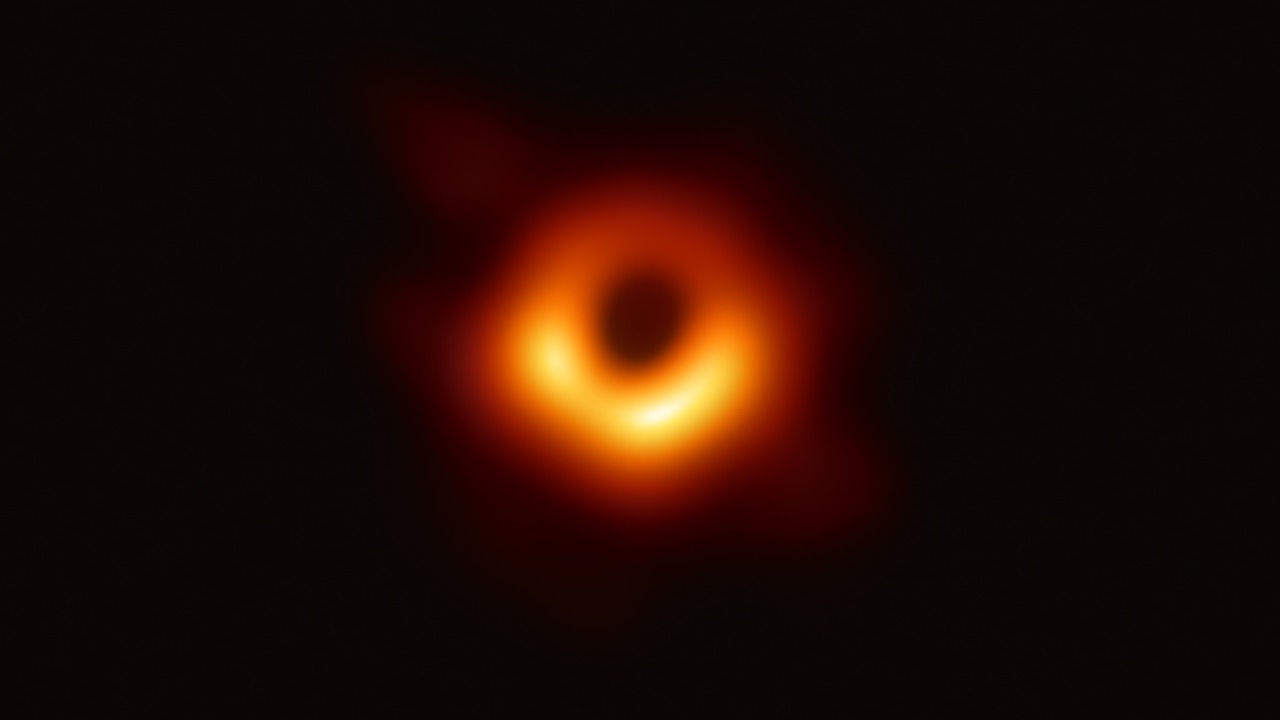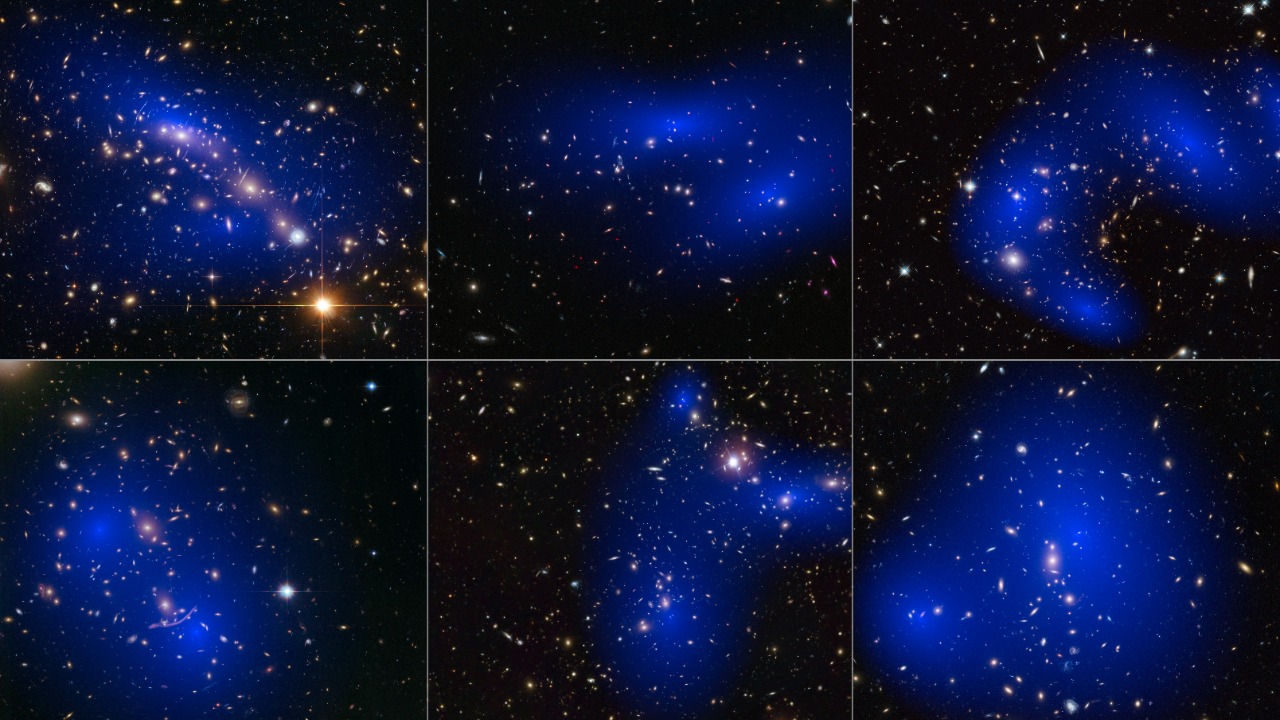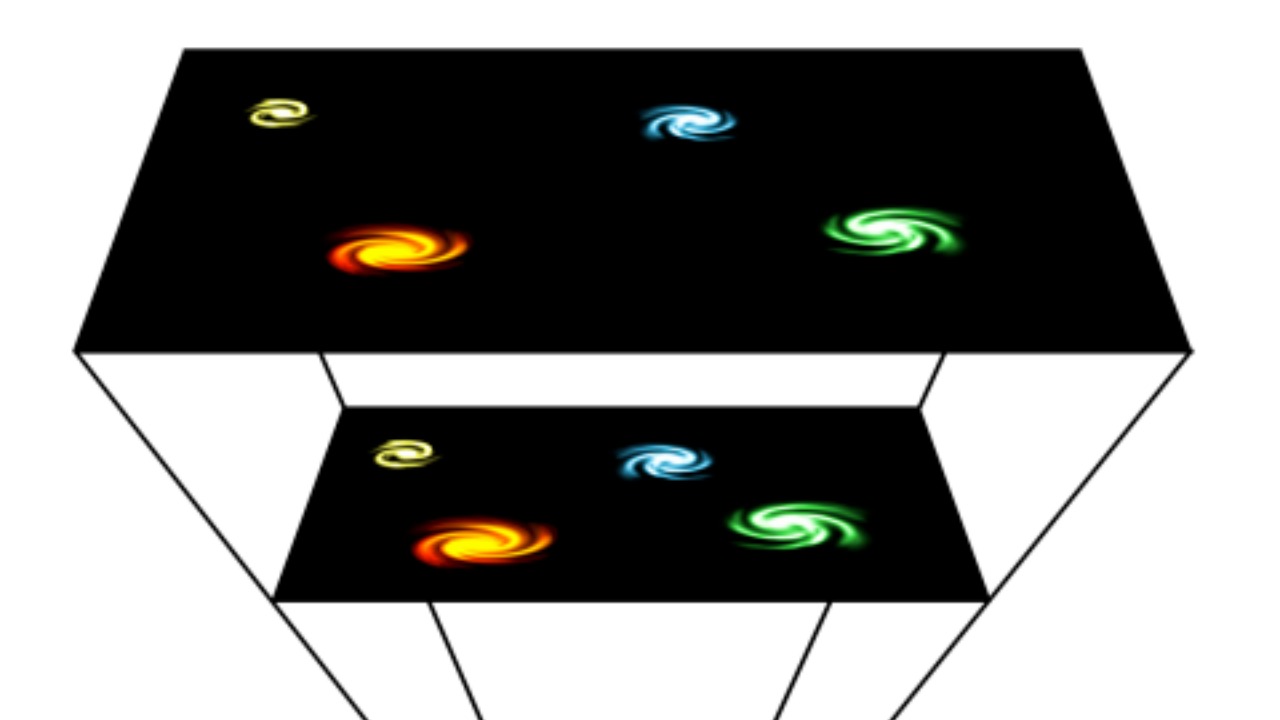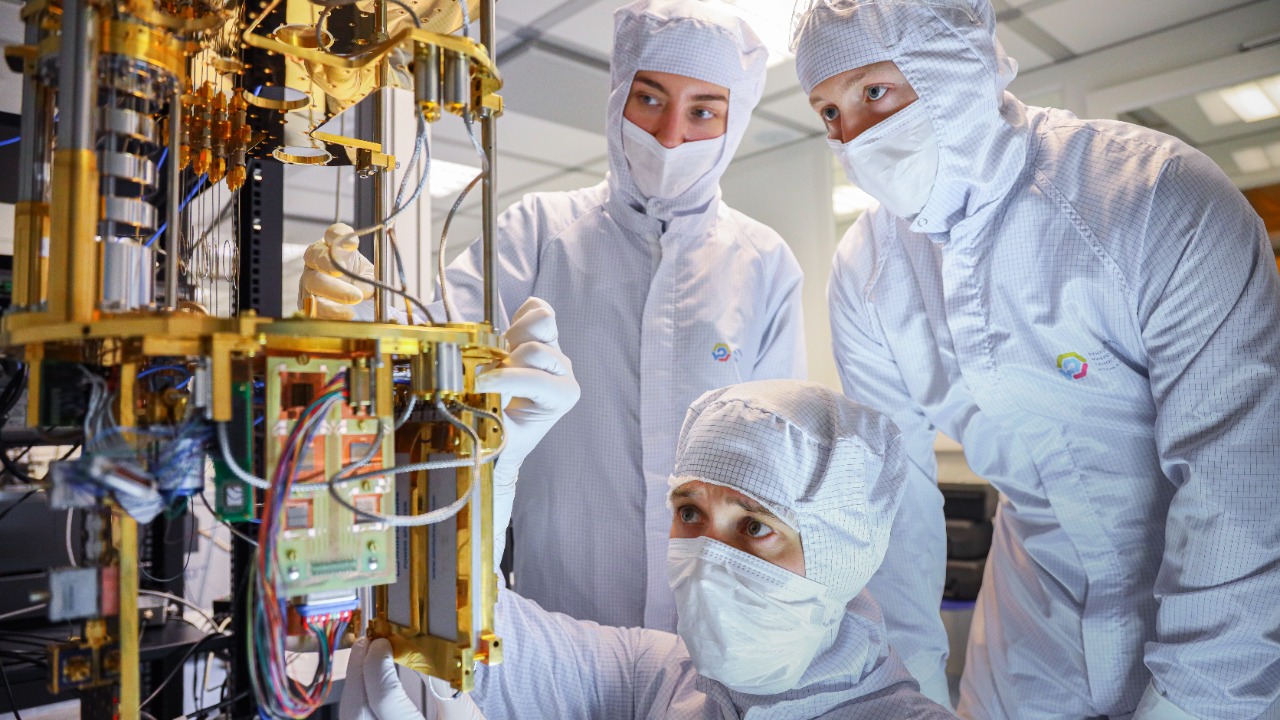
Physicist Melvin Vopson has led a groundbreaking study proposing that information itself could be a fundamental component of the universe. This innovative model challenges conventional cosmology by suggesting that dark matter does not exist and that the universe’s age is approximately 27 billion years. These claims are based on a reinterpretation of cosmic expansion data that does not rely on unseen mass. Vopson’s second law of infodynamics, which posits that information entropy decreases over time in systems like genetics and atomic physics, underpins this framework and suggests testable predictions for cosmology.
The Role of Information in Modern Physics

Quantum mechanics and thermodynamics already incorporate information as a key concept. This is evident in black hole entropy calculations by Stephen Hawking and Jacob Bekenstein, where the event horizon’s area is proportional to stored information. Melvin Vopson has taken this concept a step further by proposing the mass-energy-information equivalence principle, which assigns a small but measurable mass to bits of information, drawing parallels to E=mc².
Experimental evidence from Vopson’s work on infodynamics in biological and digital systems has shown information entropy minimization akin to the second law of thermodynamics but in reverse. This suggests that information could indeed be a fundamental part of the universe, potentially explaining phenomena such as dark energy and dark matter.
Challenges Posed by Dark Matter

Historical evidence for dark matter includes galaxy rotation curves observed by Vera Rubin in the 1970s, which suggest unseen mass holding galaxies together. However, dark matter models have faced criticism due to the failure to detect particles in experiments like those at the Large Hadron Collider. This has led to the development of alternative theories.
Vopson’s claim that dark matter is unnecessary is one such alternative. According to his theory, informational dynamics can account for gravitational effects without the need for additional mass. This is a radical departure from conventional cosmology and could potentially revolutionize our understanding of the universe.
Understanding Dark Energy’s Mystery

Dark energy is understood as the force driving the universe’s accelerating expansion. This was inferred from Type Ia supernova observations in 1998 by teams led by Saul Perlmutter, Brian Schmidt, and Adam Riess. However, the cosmological constant problem, where quantum field theory predicts a vacuum energy density vastly larger than observed, creates a discrepancy of 120 orders of magnitude.
Vopson’s theory offers a potential solution to this problem. He attributes dark energy to the entropic behavior of cosmic information, where decreasing information density generates repulsive effects mimicking expansion. This could provide a new way to understand and quantify dark energy.
Revising the Age of the Universe

The standard Lambda-CDM model estimates the age of the universe at 13.8 billion years, derived from cosmic microwave background data by the Planck satellite. However, Vopson’s alternative calculation yields an age of 27 billion years. This is achieved by modeling cosmic expansion through informational entropy without dark components.
Interestingly, this estimate aligns better with certain Hubble constant measurements from the James Webb Space Telescope when dark matter assumptions are removed. This could potentially resolve some of the discrepancies between different age estimates of the universe.
Testable Predictions of the Infodynamics Model

The infodynamics model offers several testable predictions. For instance, potential experiments to measure information mass could involve colliding information bits in digital simulations or particle accelerators to detect energy changes. Cosmological tests could include a reanalysis of galaxy cluster dynamics to verify if informational effects replicate dark matter lensing without unseen particles.
The model also predicts that the ongoing minimization of information could lead to a “Big Crunch” rather than eternal expansion. This is a stark contrast to the current consensus in cosmology and could have profound implications for our understanding of the universe’s future.
Implications for Fundamental Physics

Integrating information as a basic entity could potentially unify quantum mechanics and general relativity. This might resolve singularities in black holes through informational limits. The impacts of this theory could extend beyond physics to fields like biology, where infodynamics explains evolutionary efficiency through entropy reduction in genetic codes.
However, mainstream cosmologists have criticized the model for lacking direct observational support. They argue that the model requires peer-reviewed validation beyond initial proposals. As such, while the infodynamics model is a fascinating new approach to understanding the universe, it is still in the early stages of development and requires further testing and validation.